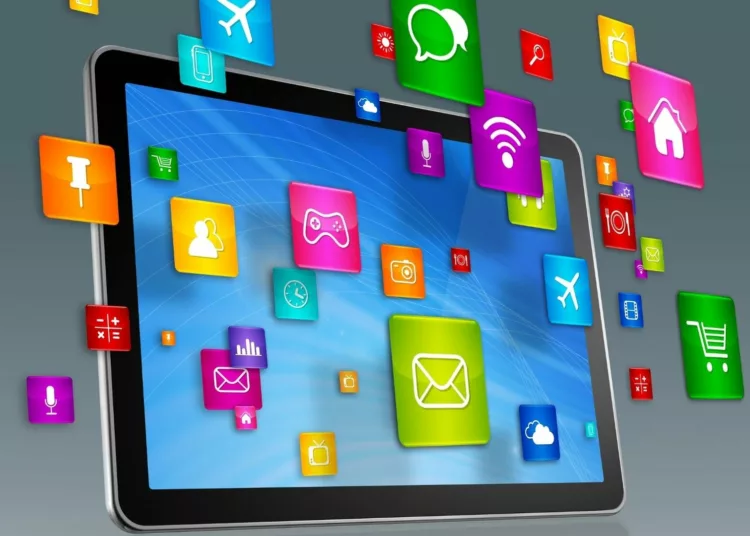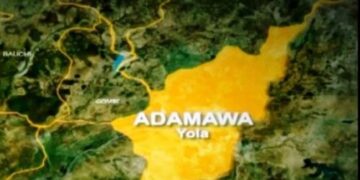The Federal Government has reiterated its ambitious target of achieving 95% digital literacy across Nigeria by 2030. It calls on public and private sector stakeholders to join hands in building a digitally inclusive and empowered society.
Speaking during the closing ceremony of a two-day stakeholders’ workshop organised by the National Information Technology Development Agency (NITDA) in Abuja, the Director General, Kashifu Inuwa Abdullahi, emphasised that digital literacy is not merely a government mandate but a national mission that requires collective action.
“This is a journey for us to create a digitally empowered nation where every citizen has not just access but meaningful access to technology and services. To achieve this, we developed the National Digital Literacy Framework to equip Nigerians with the knowledge and skills needed for the digital economy,” Abdullahi said.
The framework outlines six core competency areas and three proficiency levels, from basic device operation to digital content creation and cyber safety.
Abdullahi noted that partnerships are underway with key institutions, such as the Ministry of Education, NYSC, and the Office of the Head of Civil Service, to integrate digital training into education curricula and build civil service capacity.
Abdullahi stressed the critical importance of accurate data, noting that current figures, including the World Bank’s 2021 report placing digital literacy at 44%, must be updated with verifiable inputs.
“Our target is 70% by 2027 and 95% by 2030. However, we can only ensure our progress with the right data. This is a shared responsibility,” he said.
So far, 5,000 civil servants have enrolled on the Cisco platform, which is expected to reach 90,000 by year’s end. The broader plan aims to train 5 million public servants and 30 million individuals in the informal sector over the next three years.
Also speaking at the event, Minister of State for Education, Dr Suwaiba Said Ahmad, described the initiative as “ambitious but doable,” highlighting the Federal Ministry of Education’s partnership with NITDA as part of the Nigerian Education Sector Renewal Initiatives (NESRI).
“We are making digital skills training mandatory for teachers and infusing it into the teacher education curriculum. Our focus includes digital knowledge, capacity development, and certification,” she said.
Ahmad revealed that teacher training would follow a structured three-level model, with evaluations tied to professional development and promotion.
In a passionate call for digital inclusion, the Minister of Women Affairs, Imaan Sulaiman-Ibrahim, underscored the gender gap in digital access, stating that while Nigeria has over 140 million internet subscribers, less than 20% are women.
“Over 60% of Nigerian women do not use smartphones, and only 34% access mobile internet. These are not just numbers. They are cries of women still locked out of the digital world,” she said.
Sulaiman-Ibrahim also raised concerns about online safety, citing the rise in cyberbullying, sexual harassment, and data exploitation.
She announced that the Ministry is actively pushing for stronger cyber protection laws and is leading various initiatives to mainstream gender justice into digital policies.
Participants at the workshop resolved to form a technical working group that will streamline data collection, monitor progress, and align all digital training efforts with the national framework.
The workshop brought together representatives from government agencies, private sector tech companies, academia, and civil society. They pledged to work toward a future where digital opportunities are accessible, inclusive, and transformative for all Nigerians.





